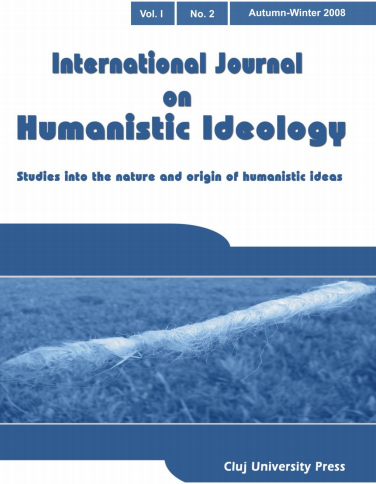Ex Oriente Lux? Georgius of Hungaria and his Treaty on the Beliefs and Customs of the Turks. Notes on an Apocalyptic Perception of the Other
Ex Oriente Lux? Georgius of Hungaria and his Treaty on the Beliefs and Customs of the Turks. Notes on an Apocalyptic Perception of the Other
Author(s): Razvan TatuSubject(s): Philosophy
Published by: Presa Universitara Clujeana
Keywords: Inter-religious dialogue; other; Muslim; Christians; apologetic spirit; experience of communion
Summary/Abstract: Inter-religious dialogue remains an issue of major importance today. This fact is proved by the many conferences and meetings in which diverse religious and political leaders take part. The central idea of the present article is to show the importance of Georgius of Hungaria’s Tractatus de moribus, condictionibus et nequicia Turcorum, an opus first published in 1481. The author gives a vivid example of the fact that we must recognize the other in our life. The other is our fellow human being, irrespective of color, faith, doctrine, and gender. Although there is an apologetic spirit in this treatise, as well as in the works of Saint John of Damascus and Saint Gregory Palamas, with regard to the Muslim faith, their basic idea is that we have to find a certain communion and feeling with people of other creeds or religious views. The experience of communion is the outstanding feature for the human being. The end-point or the eschaton is the one toward which all of us are called. The light of this end and the light of communion seem to come from the East, still a cradle of civilization, and the visions offered by these three authors mentioned above could provide us with a premise for the ideology of alterity.
Journal: International Journal on Humanistic Ideology
- Issue Year: I/2008
- Issue No: 02
- Page Range: 141-152
- Page Count: 12
- Language: English

